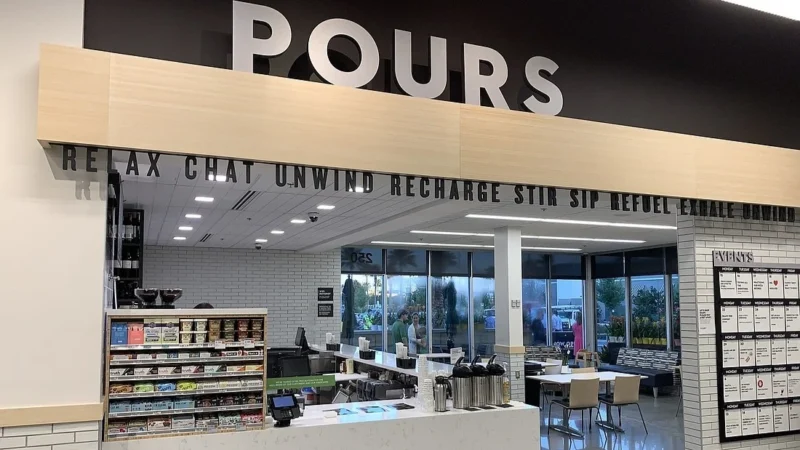TALLAHASSEE — Florida Attorney General James Uthmeier quickly appealed after a federal judge Tuesday issued a preliminary injunction blocking a 2024 state law aimed at keeping children off social-media platforms.
Uthmeier, who is the defendant in a lawsuit filed by two tech-industry groups, filed a notice of appealing Chief U.S. District Judge Mark Wilson’s ruling to the 11th U.S. Circuit Court of Appeals.
As is common, the notice did not detail arguments Uthmeier will make at the Atlanta-based appeals court. Uthmeier also is battling Snap Inc., the operator of Snapchat, in a separate lawsuit about whether the social-media company has violated the law.
The law, which was one of the biggest issues of the 2024 legislative session, seeks to prevent children under age 16 from opening social-media accounts on certain platforms — though it would allow parents to give consent for 14- and 15-year-olds to have accounts. Children under 14 could not open accounts.
The law does not directly identify which platforms would be affected by the regulations. But it includes a definition of such platforms, with criteria related to such things as algorithms, “addictive features” and livestreaming. Walker’s ruling Tuesday said, for example, it would apply to Snapchat and YouTube, which is owned by Google.
In the ruling, Walker said the law likely violates First Amendment rights, siding with arguments raised by the industry groups NetChoice and the Computer & Communications Industry Association. The groups filed the lawsuit in October.
Walker anticipated in Tuesday’s ruling that Uthmeier would appeal the preliminary injunction to the Atlanta-based appeals court. He declined to put his ruling on hold while the appeal plays out.
“Defendant has every right to appeal, and this court sees no reason to delay defendant in seeking an appeal by requiring him to move to stay,” Walker wrote.
Supporters of the law (HB 3) have argued it targets addictive features of social-media platforms that harm children. But Walker pointed, in part, on the role of parents in policing social-media use by their children.
“An established principle in the First Amendment context is that enabling individuals to voluntarily restrict problematic content at the receiving end is preferred over restricting speech at the source,” Walker wrote in a 58-page ruling. “In this context, that means that parents are best positioned to make the appropriately individualized determinations about whether or when their children should use social media platforms, and if so, which platforms and under what conditions.”
The preliminary injunction applies statewide, but it came amid wrangling in a separate lawsuit that Uthmeier filed in April in state court in Santa Rosa County contending the operator of Snapchat has violated the law.
“Despite being subject to HB 3, Snap contracts with and provides accounts to Florida users who it knows are younger than 14,” the lawsuit said. “It also fails to seek parental consent before contracting with and providing accounts to Florida users who it knows are 14 or 15 years old. Snap is openly and knowingly violating HB 3, and each violation constitutes an unfair and deceptive trade practice under FDUTPA (a state law known as the Florida Deceptive and Unfair Trade Practices Act).”
The lawsuit was transferred from state court to federal court through what is known as “removal” by Snap. The company last week asked Walker to put the lawsuit on hold while the broader case filed by NetChoice and the Computer & Communications Industry Association plays out.
If Walker doesn’t issue a stay, Snap argued the judge should dismiss the lawsuit.
“The statute categorically bars individuals under age 14 from creating accounts on the websites it covers and requires parental consent for 14- and 15-year-olds, infringing on protected speech of minors,” Snap’s attorneys wrote. “As numerous courts have concluded, requiring minors to obtain parental consent before accessing ‘social media’ abridges First Amendment rights.”
But Uthmeier is trying to get the lawsuit moved back to state court. Walker said in Tuesday’s decision he would not rule on Snap’s request to put the lawsuit on hold until after he decides whether to send it back to Santa Rosa County.







